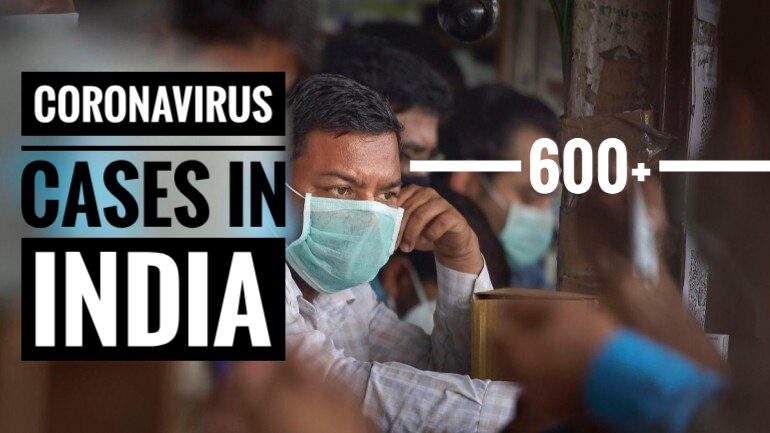The head of the World Health Organization voiced deep concern about the rapid escalation and global spread of COVID-19 cases from the coronavirus pandemic, which has now reached 205 countries and territories.
The World Health Organization Director-General had said that his agency, the ,World Bank and the International Monetary aFund backed debt relief to help developing countries cope with the pandemic’s social and economic consequences.
Tedros Adhanow, WHO Director-General had said in the last five weeks, there has been a near-exponential growth in the number of new cases and the number of deaths has more doubled in one week. In a matter of few days, we will reach 1 million confirmed cases and 50,000 deaths worldwide, he said.
China, where the coronavirus outbreak first emerged in December, reported dwindling new infections and disclosed for the first time the number of asymptomatic cases, which could complicate how trends in the outbreak are read.
Asked about the distinction, Dr. Maria can Kerkhove, a WHO epidemiologist who was part of an international team that went to China in February,said the WHO’s definition included laboratory confirmed cases regardless of the development of symptoms.
From the days that we have seen from China in particular,we know that individuals who are identified, who are listed as asymptomatic, about 75% of those actually go on to develop symptoms, describing them as having been in a “pre-symptomatic phase”. The new coronavirus causes the respiratory disease COVID-19.

The outbreak continues to be driven by people who show signs of disease including fever and cough, but it is important for the World Health Organization to capture the “full spectrum of illness”.
The World Health Organization had praised India’s $22.6billion economic stimulus plan, which announced after a 21-day lockdown imposed to provide free food rations for 800million disadvantaged people, cash transfers to 204million poor women and fee cooking gas for 80million households for the next three months.
“Many developing countries will struggle to implement social welfare programmes of this nature”,he said.
” For those countries,debt relief is essential to enable them to take care of their people and avoid economic collapse. This is a call from the World Health Organization, the World Bank and the International Monetary Fund- debt relief for developing countries”,he said
But debt relief processes can be lengthy. The World Health Organization was proposing together with the World Bank and International Monetary Fund an expedited process to support countries so their economies will not be getting into crisis and their communities will not be really getting into crisis.
The International Monetary Fund has eased access to it’s emergency facilities abdvrauaes the ability of the poorest countries to strengthen crisis response to the coronavirus pandemic.
While the global economy is facing a shutdown, creditors should contribute to poorest countries with debt relief. The Fund’s Executive Board has approved forums to the Catastrophe Containment and Relief Trust (CCRT), which allows the fund’s poorest members to invest against the pandemic instead of making payments.
The World Bank had announced that the bank is finalizing an additional package to tackle the wider economic consequences of the coronavirus pandemic.
The bank aims to expand it’s measures in fighting the negative economic impact of coronavirus. The bank has presented to it’s board a program that could help provide as much as $160billion in financial support over the next 15months. The World Bank is particularly concerned about poor, densely populated countries, where weak health systems need massively scalable investments in human capital, supplies and infrastructure.
The World Bank had said to be working closely with the International Monetary Fund and World Health Organization, among others, to determine needs assessment of clients countries. Pointing the importance of addressing debt vulnerabilities,they called for “urgent relief process“.
This crisis will hit hardest poor countries that have high levels of indebtness. A broad and equitable debt relief process is urgently needed.

